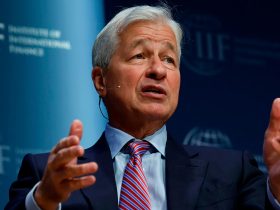Pakistan is requesting approximately $11 billion from China and Saudi Arabia in its efforts to fill gaps in external and domestic resources. The goal is to ensure that the International Monetary Fund (IMF) bailout program remains on track, thus ensuring economic stability until an elected government is formed, according to a media report.
The caretaker Finance Minister Shamshad Akhtar stated that the caretaker government is currently developing an economic revival plan. Despite the limited scope of the temporary government to undertake deep-rooted structural reforms, Akhtar promised to deliver on reforms that were part of the IMF program. This would ensure the disbursement of a $700 million loan installment. The IMF and Pakistan reached a staff-level agreement on a nine-month Stand-by Arrangement (SBA) of about $3 billion in June.
Akhtar emphasized that it was the government’s priority to deliver on the IMF program to ensure economic stability and continuity. She also noted that while the country’s financing needs remain high, joint efforts by all stakeholders would secure disbursements from the project pipeline and revive some policy-based financing from multilaterals. External flows are expected to improve with the $700 million flows from the IMF.
The finance minister also expressed concern over a potential risk to external stability due to the rise in international commodity prices. prices jumped to $95 per barrel in September, marking a 27% increase from $74 per barrel in June.
On Thursday, September 28, 2023, the IMF confirmed that the $3 billion Standby Arrangement (SBA) program for Pakistan was intended to provide a policy anchor for addressing domestic and external imbalances. The program aims to pave the way for higher, more inclusive and resilient growth by focusing policy efforts on implementing fiscal year 2024’s budget, appropriate monetary policy to reduce inflation, and continued reforms to improve the energy sector’s viability.
The IMF program also includes plans to strengthen public financial management and tax administration efforts, and better prioritize public investment. The Fund’s spokesperson emphasized that the Managing Director was clear about addressing poverty and inequality, calling for the wealthy segments of society to bear the burden and protect the poor and vulnerable members of society.
This article was generated with the support of AI and reviewed by an editor. For more information see our T&C.
Read the full article here











Leave a Reply